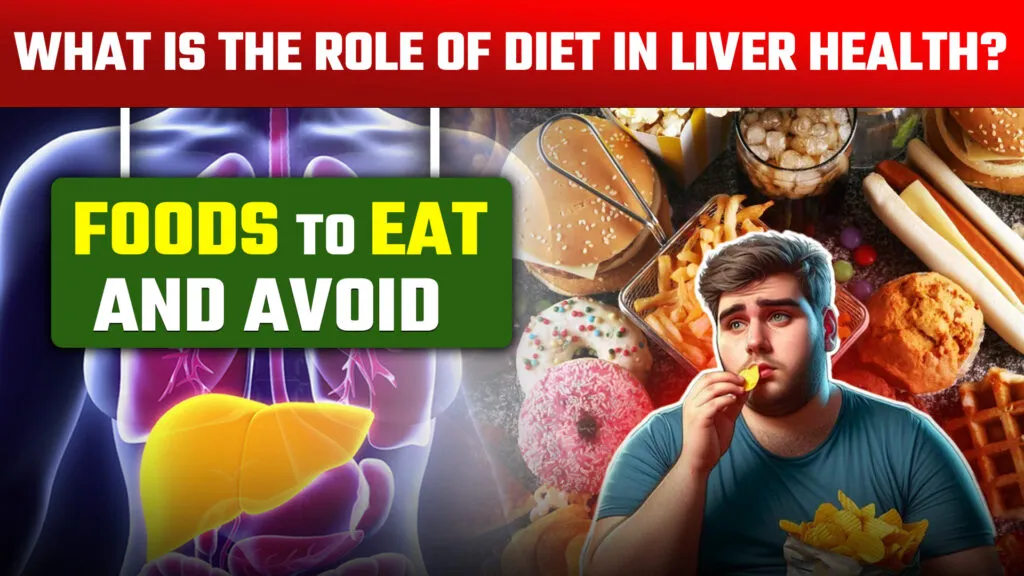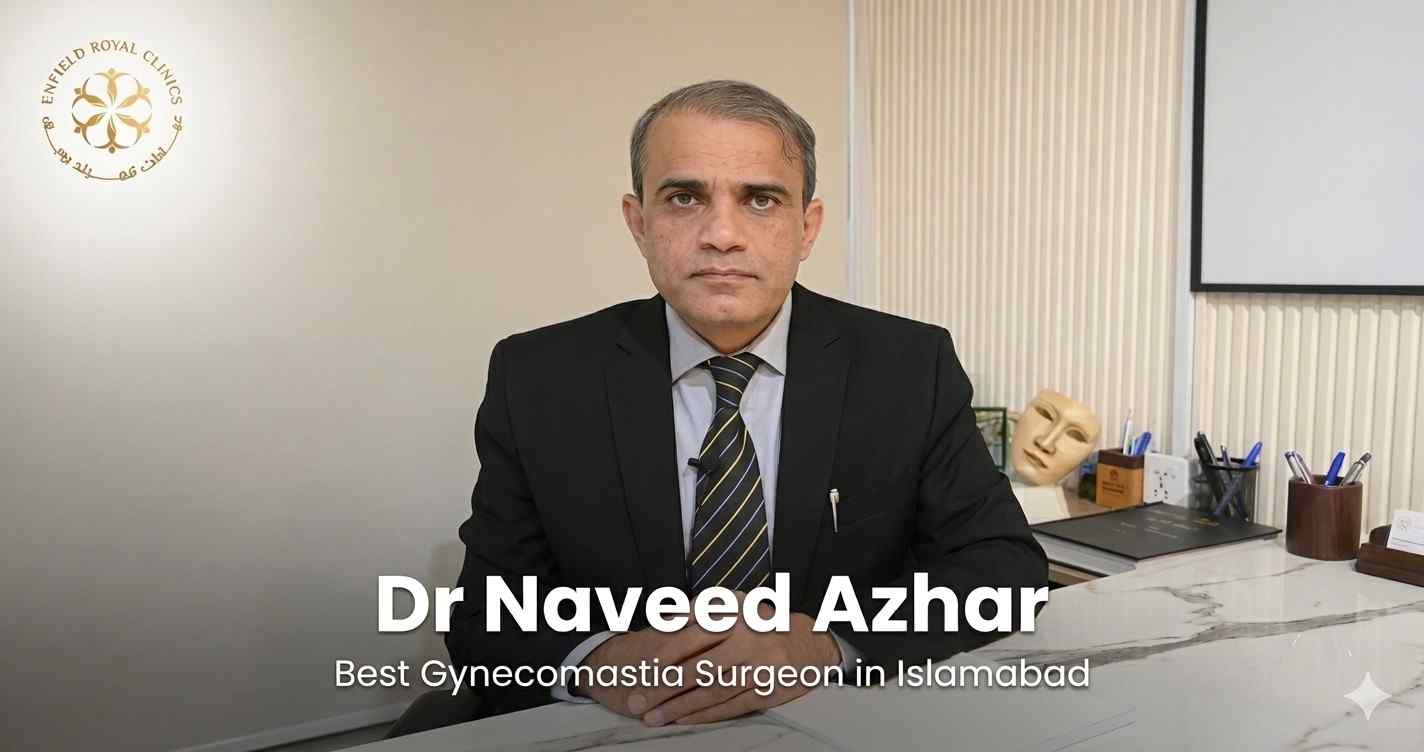The Complete Guide to Better Liver Health

The liver is one of the most important organs in the human body. Every second, it performs vital functions that keep us energized, protected, and balanced. Despite its importance, the liver is often overlooked until problems appear. Maintaining liver health is not only essential for digestion but also for detoxification, metabolism, and overall well-being.
By learning how the liver works and adopting daily habits to protect it, anyone can ensure a healthier future and prevent unnecessary health issues.
Why the Liver Is So Important
The liver is located in the upper right side of the abdomen and acts as a powerful processor and filter. Its main responsibilities include:
- Detoxification: Removing toxins, chemicals, and harmful substances from the blood.
- Digestive Support: Producing bile that helps break down fats and absorb nutrients.
- Nutrient Storage: Storing vitamins, minerals, and energy (glycogen) for later use.
- Metabolism: Processing carbohydrates, fats, and proteins into usable fuel for the body.
- Blood and Hormonal Balance: Playing an important role in blood clotting and hormone regulation.
Because the liver handles over 500 different functions, a weak liver can disrupt nearly every system in the body.
Warning Signs of Liver Stress
The liver has a strong ability to heal, but it also offers warning signals when it is overworked. Some of the most common signs include:
- Constant tiredness and lack of energy
- Yellowing of the skin or eyes (jaundice)
- Abdominal swelling or discomfort
- Dark-colored urine and pale stools
- Poor appetite or frequent nausea
- Itchy skin or unexplained rashes
- Unusual weight changes
Spotting these signs early can help prevent serious conditions from developing.

Common Causes of Liver Problems
Several factors in modern life can lead to poor liver health. The most frequent causes include:
- Alcohol Use: Drinking in excess puts immense strain on liver cells.
- Unhealthy Diet: Consuming too much processed food, sugar, and fried meals overloads the liver.
- Sedentary Lifestyle: Lack of regular movement encourages fat buildup in the liver.
- Obesity: Increased body fat can lead to nonalcoholic fatty liver disease.
- Medications: Overuse of certain medicines can stress the liver.
- Infections: Viruses like hepatitis directly attack liver tissue.
- Environmental Chemicals: Exposure to pollutants and toxins weakens liver defenses.
Natural Ways to Support Liver Function
The good news is that lifestyle changes can strengthen and protect the liver. Some key methods include:
- Eat a Balanced Diet: Choose fresh fruits, vegetables, whole grains, lean proteins, and healthy fats.
- Stay Hydrated: Drinking plenty of water helps flush out toxins effectively.
- Exercise Regularly: Active movement reduces fat buildup and improves circulation.
- Limit Alcohol: Reducing or avoiding alcohol keeps liver stress low.
- Cut Back on Sugar: High sugar levels turn into fat, which can harm the liver.
- Be Careful with Medications: Only use medicines when necessary and in safe doses.
- Avoid Toxins: Reduce exposure to household chemicals and fumes whenever possible.
Lifestyle Habits for Lasting Liver Protection
Beyond nutrition and exercise, daily habits also make a big difference in liver health:
- Aim for 7–8 hours of quality sleep each night.
- Manage stress with deep breathing, meditation, or light stretching.
- Keep home and workspace well-ventilated to avoid harmful air pollutants.
- Wash fruits and vegetables thoroughly to reduce pesticide intake.
- Schedule medical checkups to monitor liver function when needed.
Long-Term Benefits of a Healthy Liver
When the liver is taken care of, the entire body benefits. Some of the long-term rewards include:
- A stronger metabolism and better energy levels
- Improved digestion and nutrient absorption
- Clearer skin and a healthier appearance
- Stronger immunity against illness and infections
- Reduced risk of long-term liver conditions
- Better weight management and hormonal balance
Clearly, protecting the liver is one of the best decisions for lifelong health.
Final Thoughts
The liver is the body’s natural filter and energy manager, working silently to keep us safe and balanced every day. But even this powerful organ needs care and support. By adopting a healthy diet, staying active, avoiding toxins, and building positive habits, you can protect your liver and live a healthier, longer life.
A lifestyle grounded in these choices creates lasting wellness—and a natural support like this can be very helpful in protecting liver health effectively. Official Website



